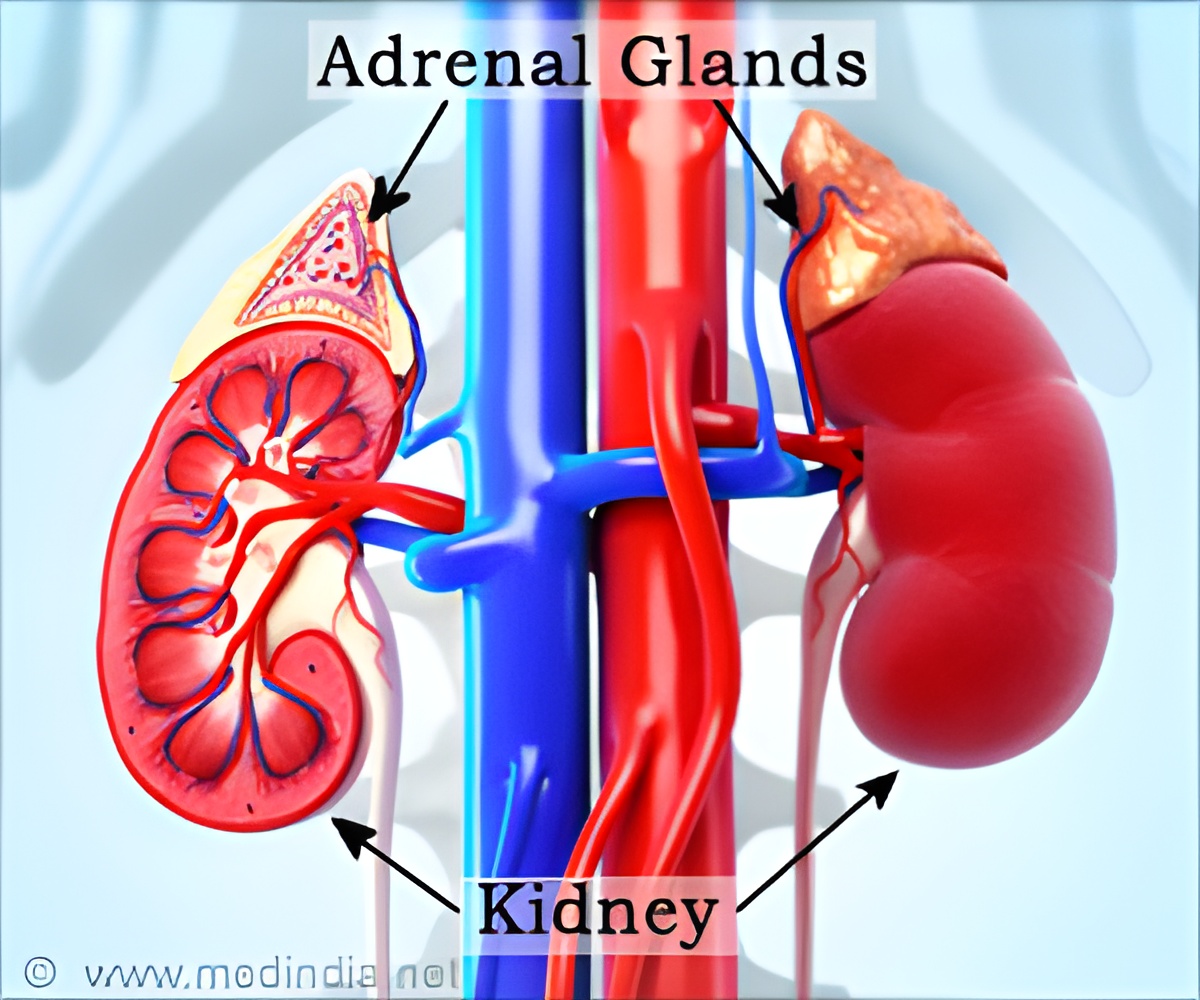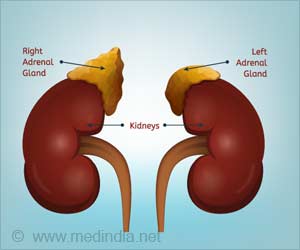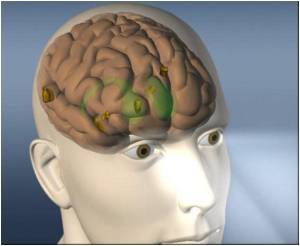
‘In Addison’s disease, variations of nine genes especially the AIRE gene increases the risk of developing this autoimmune disease. The AIRE gene more often produce an AIRE protein with an additional cysteine, the aminoacid that affects the protein’s function and ability to bind zinc ions.’
Read More..Tweet it Now
Daniel Eriksson, doctor and researcher in the experimental endocrinology group at the Department of Medicine, Solna, Karolinska Institutet, who led the study along with doctoral student Maribel Aranda and docent Sophie Bensing at the Swedish Addison Registry said, “By studying the single largest collection of samples from patients with Addison's disease, we've been able to carry out the first genetic study of the disease that spans the entire human genome. It shows that variants of nine genes, many of which are central to our immune system, induce a higher risk of developing the disease."Read More..
Roughly one in 100,000 people develops Addison's disease every year in Sweden. The disease is autoimmune where the immune system attacks the cortex of the adrenal glands, which secretes essential hormones such as cortisol and aldosterone. A swift diagnosis is essential as disturbed production of these hormones can be fatal.
As Addison's disease is rare, it is not known why some people develop this disease and it is also difficult to conduct large-scale genetic studies.
For this study, researchers enrolled a large number of patients from the Swedish and Norwegian Addison registries. DNA was isolated from over 1,200 people with autoimmune Addison's disease and more than 4,000 healthy geographically matched individuals as the control group. 7 million gene variants were analyzed and the researchers found several gene variants that were significantly more common in people with Addison's disease.
Previously, several variants were associated with autoimmune diseases, but in the AIRE gene the variants could be specifically linked to Addison's disease. This AIRE gene is important for the ability of T cells, an important type of blood cell in the immune system, to learn to tolerate endogenous proteins.
Advertisement
Eriksson said, “Many autoimmune diseases have several features in common when it comes to genetic predispositions that govern the function of the immune system, but in this study we also identified distinctive genetic associations that are unique to Addison's disease. This is a step forward in our understanding of its pathogenesis."
Advertisement










